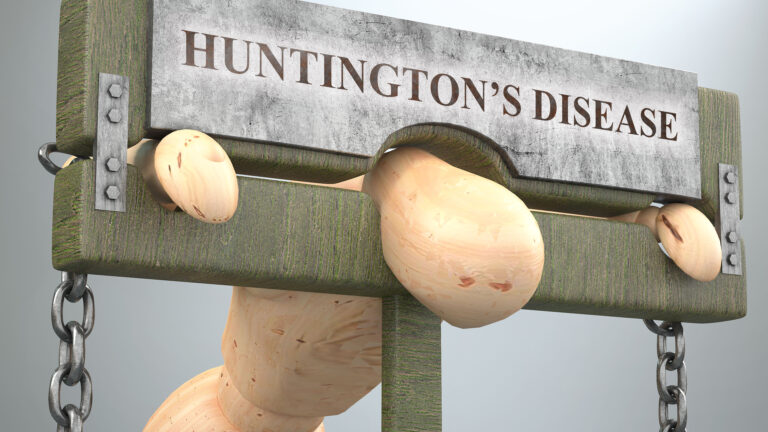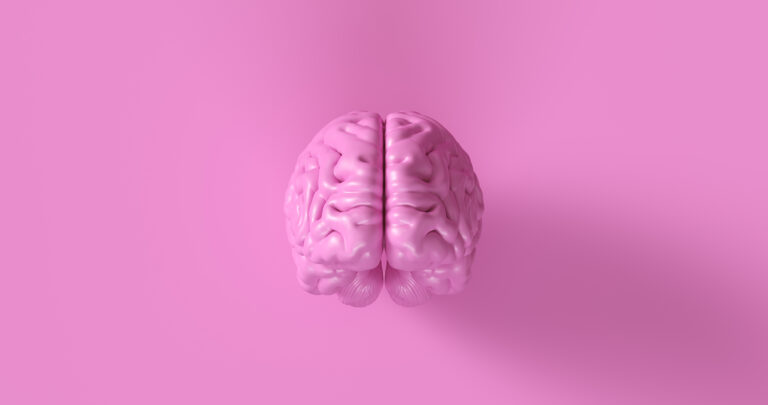In today’s fast-paced world, it’s no surprise that many of us are looking for ways to improve our mental abilities and preserve our cognitive function. From brain training exercises to memory games, there are plenty of methods out there claiming to boost our brains. One such method that has been gaining popularity in recent years is the use of herbal supplements. These natural remedies have been used for centuries in traditional medicine and are now being researched for their possible role in cognitive preservation.
But before we dive into the potential benefits of herbal supplements for cognitive preservation, let’s first understand what exactly these supplements are. Simply put, herbal supplements are dietary supplements made from plants or plant extracts. They come in various forms such as capsules, powders, teas, or tinctures and are not regulated by the FDA in the same way as prescription drugs. This means that the production and marketing of herbal supplements do not require the same level of rigorous testing and approval as pharmaceutical drugs.
So, can these herbal supplements really help preserve our cognitive function? The answer is not a simple yes or no. While some studies show promising results, others are inconclusive or even contradicting. However, it’s worth exploring some of the most commonly studied herbal supplements and their potential role in cognitive preservation.
Ginkgo Biloba is perhaps one of the most well-known herbal supplements for cognitive function. It is derived from the leaves of the Ginkgo tree and has been used in traditional Chinese medicine for centuries. Ginkgo is believed to improve blood flow and circulation, which is important for brain health. Some research suggests that ginkgo may improve memory and thinking skills in people with age-related memory loss. However, other studies have found no significant benefits.
Another popular herbal supplement for cognitive preservation is Bacopa Monnieri, also known as Brahmi. This herb has been used in Ayurvedic medicine for improving brain function and memory. Some studies have shown that Bacopa may improve attention, memory, and information processing in healthy adults. However, more research is needed to determine its effectiveness and safety in the long term.
Ashwagandha is another herb commonly used in Ayurvedic medicine and has gained popularity for its potential benefits in cognitive preservation. It is believed to reduce stress and anxiety, which can improve cognitive function. Some studies have also shown that ashwagandha may enhance memory and learning abilities in both healthy and cognitively impaired individuals. However, more research is needed to fully understand its effects.
One of the most well-researched herbal supplements for cognitive function is Curcumin, the active ingredient in turmeric. This bright yellow spice has been used for centuries in traditional medicine and has shown promising results in improving brain function. Some studies suggest that curcumin may improve memory, attention, and mood in healthy individuals. It also has anti-inflammatory properties, which may help protect the brain from degenerative diseases such as Alzheimer’s.
Aside from these popular herbal supplements, there are many others that are being studied for their potential role in cognitive preservation. These include Rhodiola Rosea, Ashwagandha, and Panax Ginseng, among others. While some studies show promising results, more research is needed before these supplements can be recommended for cognitive preservation.
It’s important to note that herbal supplements are not a substitute for a healthy lifestyle. While they may have potential benefits for cognitive function, they should not be solely relied upon. A healthy diet, regular exercise, and mental stimulation are still the key components to preserving cognitive function.
Moreover, it’s essential to consult with a healthcare professional before incorporating herbal supplements into your daily routine. Some herbs can interact with prescription medications or have side effects when taken in large doses or for an extended period. It’s also crucial to purchase herbal supplements from reputable sources to ensure their quality and safety.
In conclusion, herbal supplements have been used for centuries in traditional medicine and are now being studied for their potential role in preserving cognitive function. While some studies show promising results, more research is needed before these supplements can be recommended for this purpose. It’s also important to remember that they should not be relied upon as the sole method for preserving cognitive function and should always be used under the guidance of a healthcare professional. Maintaining a healthy lifestyle is still the most crucial factor in keeping our brains sharp and functioning at their best.





